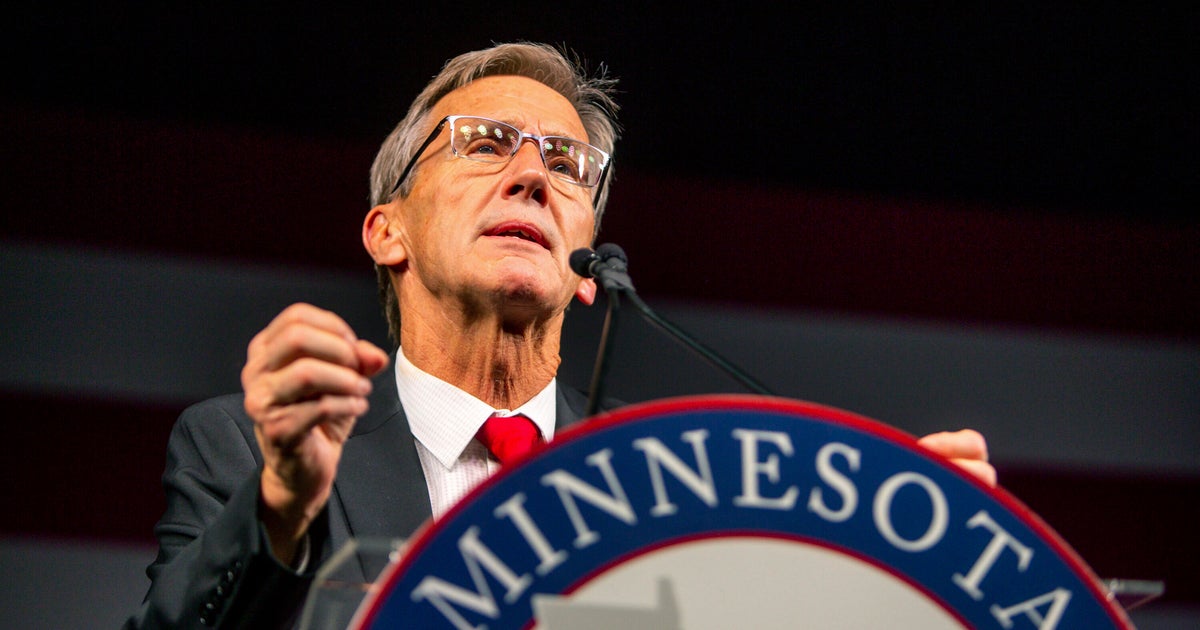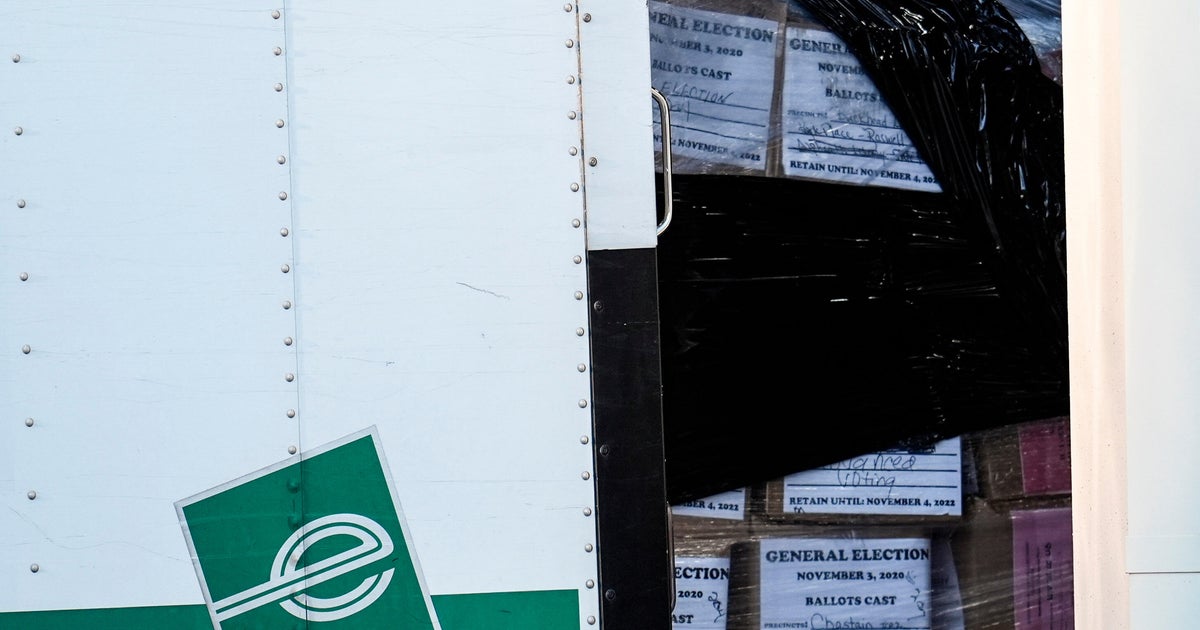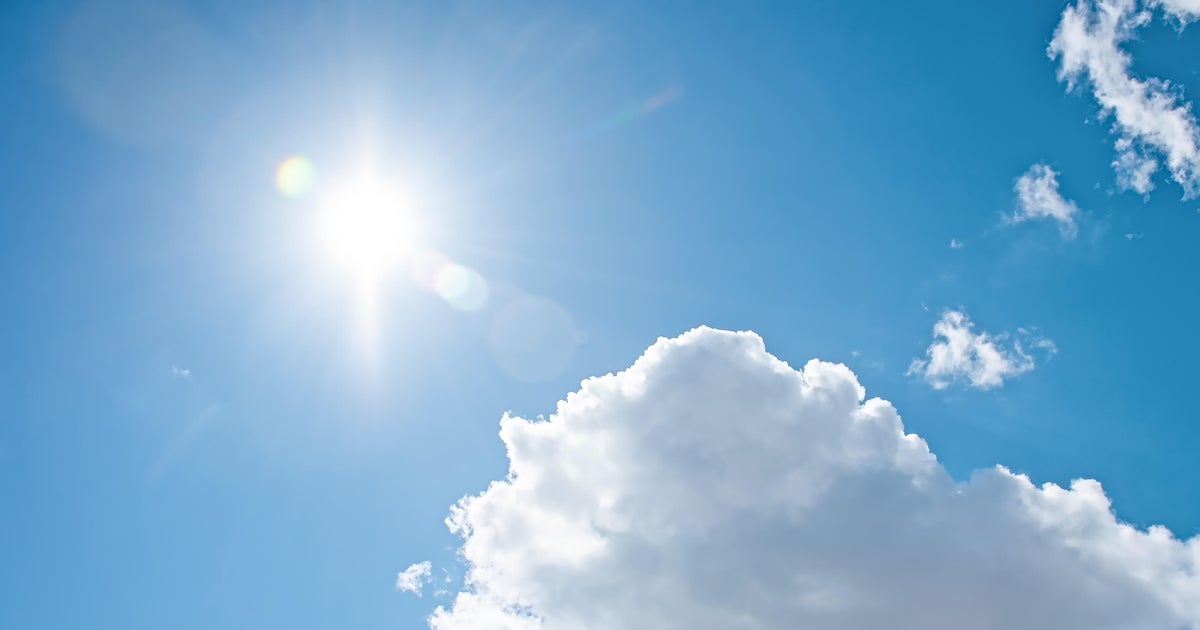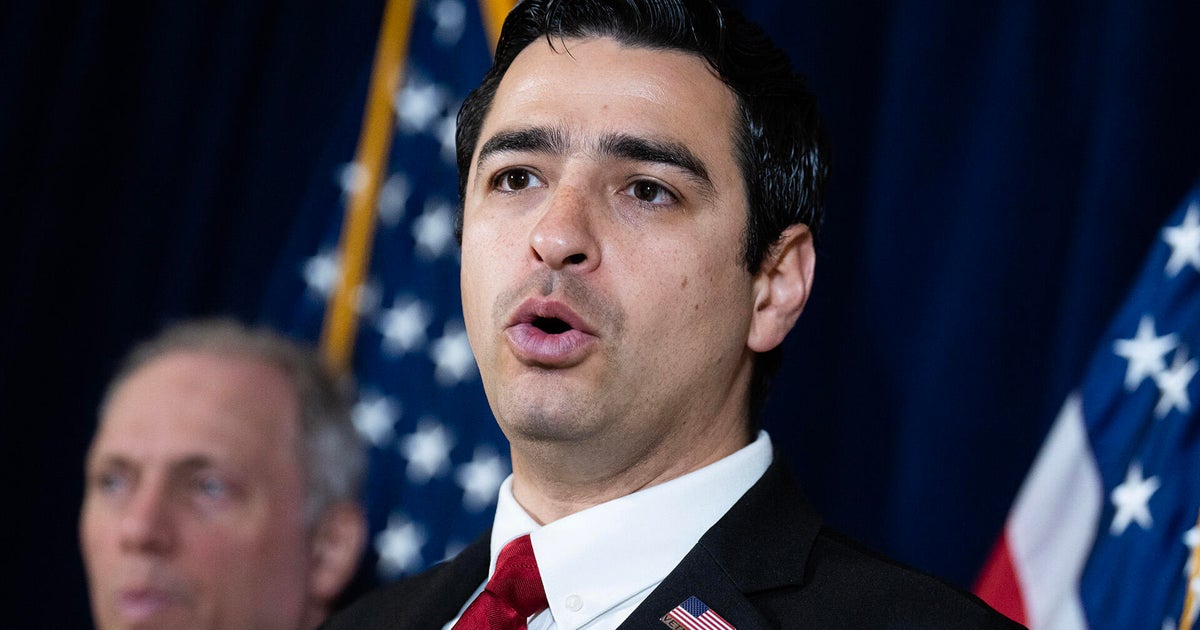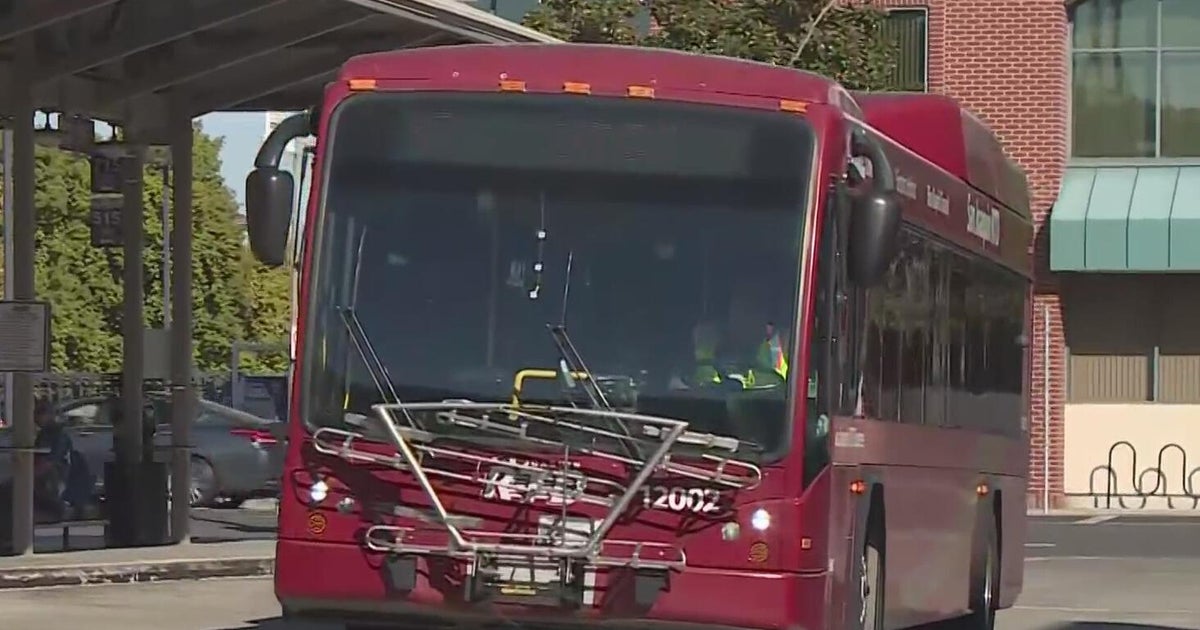Election Integrity Becomes Most Contentious Issue During Texas Legislature's Special Session
AUSTIN (CBSDFW.COM) — The newly filed election integrity bills quickly became the most contentious issue as the Special Session of the Texas Legislature began on July 8.
It's one of about a dozen agenda items Governor Greg Abbott called on lawmakers to pass during the summertime session.
Senate Bill 1, filed by Senator Bryan Hughes of Tyler and House Bill 3, filed by Representative Andrew Murr of Kerrville, will each be the subject of hearings Saturday morning.
Republicans have said they want to standardize the voting rules statewide, while Democrats have said the bills are aimed at limiting residents' ability to cast a ballot.
On the south steps of the Texas Capitol, Black Voters Matter, other groups, and Democratic lawmakers vowed to do all they can to kill the newest versions of the Republicans' election integrity bills.
State Representative Chris Turner of Grand Prairie, who serves as Chair of the House Democratic Party Caucus, spoke at the rally. "We ought to make it easier for American citizens to cast a ballot in an election in the state of Texas, period."
But Republican lawmakers like Matt Krause of Fort Worth strongly deny Democrats' accusations that the legislation would suppress any votes.
"I think most of my colleagues in the House agree with me, I want to see 100% participation. I don't think anything in House Bill 3 or Senate Bill 1 keeps the citizens from participating."
The bills would prohibit 24-hour voting and drive-thru voting that Harris County allowed last year.
The newest versions no longer call for early voting on Sundays to begin at 1:00 p.m., which came under heavy criticism because Democrats said it targeted African-Americans who often like to vote after attending church services.
Under House Bill 3, early voting on most days could take place between 6:00 a.m. and 10:00 p.m. and on Sundays from 9:00 a.m. through 10:00 p.m.
Under Senate Bill 1, early voting could take place between 6:00 a.m. and 9:00 p.m. everyday.
Some Democrats have also complained that disabled voters who need assistance at polling locations would find it harder to find that help. Under both bills, those assisting voters at polling places would have to give their name and address, state their relationship to the voter and whether they're getting paid, and take an oath.
Krause said, "We want to make sure we're not putting up barriers for people to vote, that we're making to easier for people to vote, but harder to cheat. So we need to walk that balance."
Turner said there's more the state should do. "We ought to have online voter registration like many other states. We ought to make it easier to vote by mail just like states like Utah. Last I checked, a pretty Republican state."
Follow Jack on Twitter & Facebook: @cbs11jack

